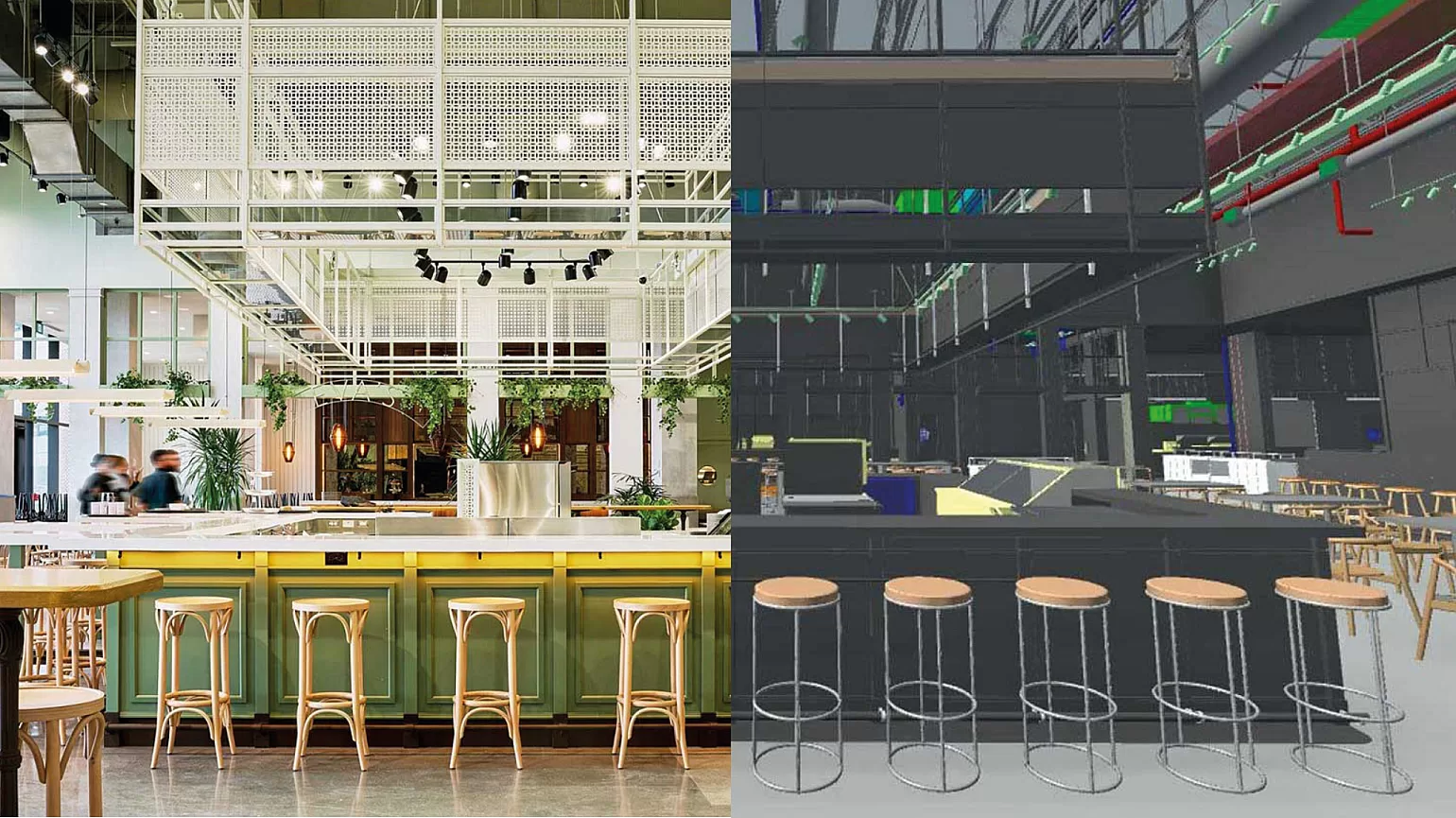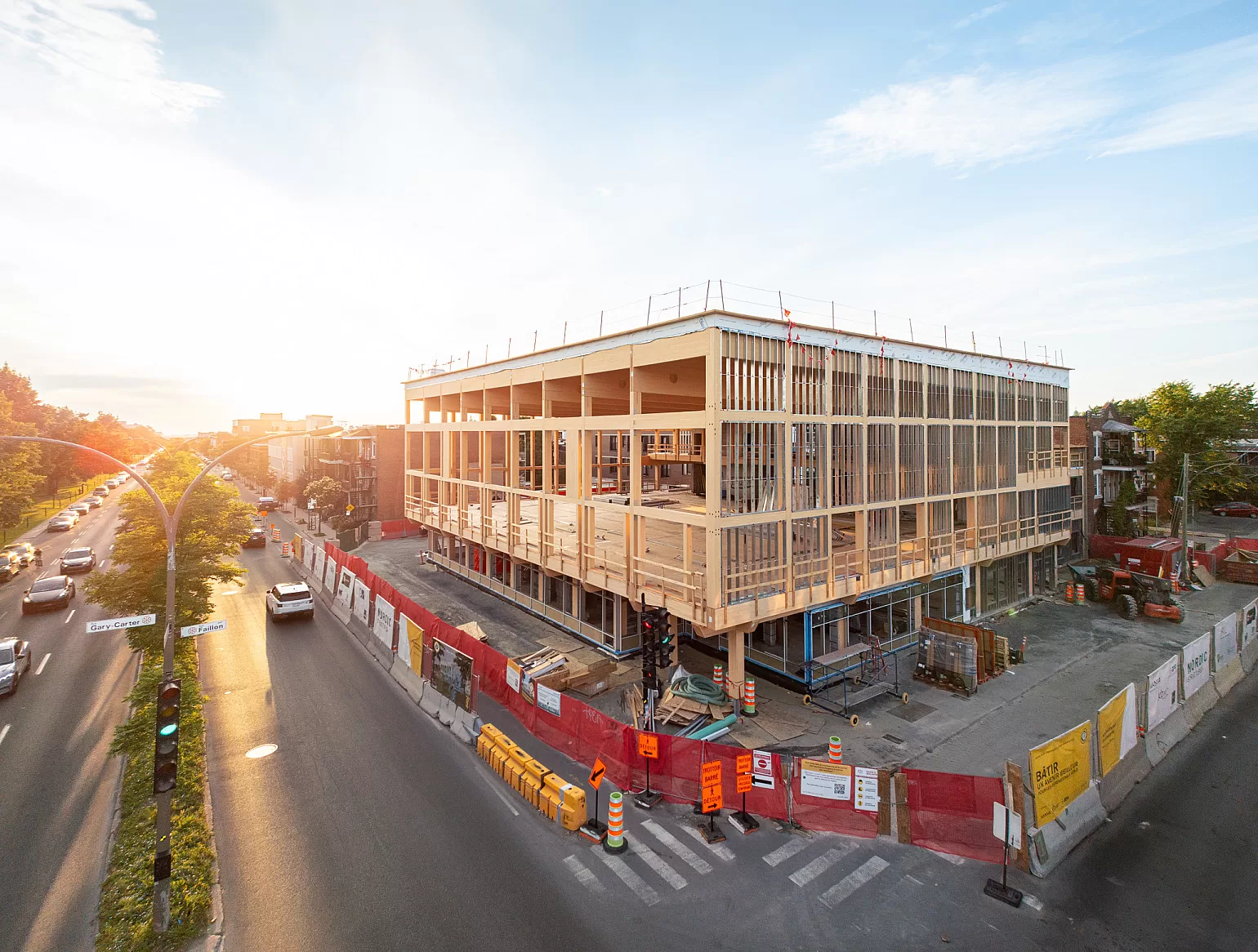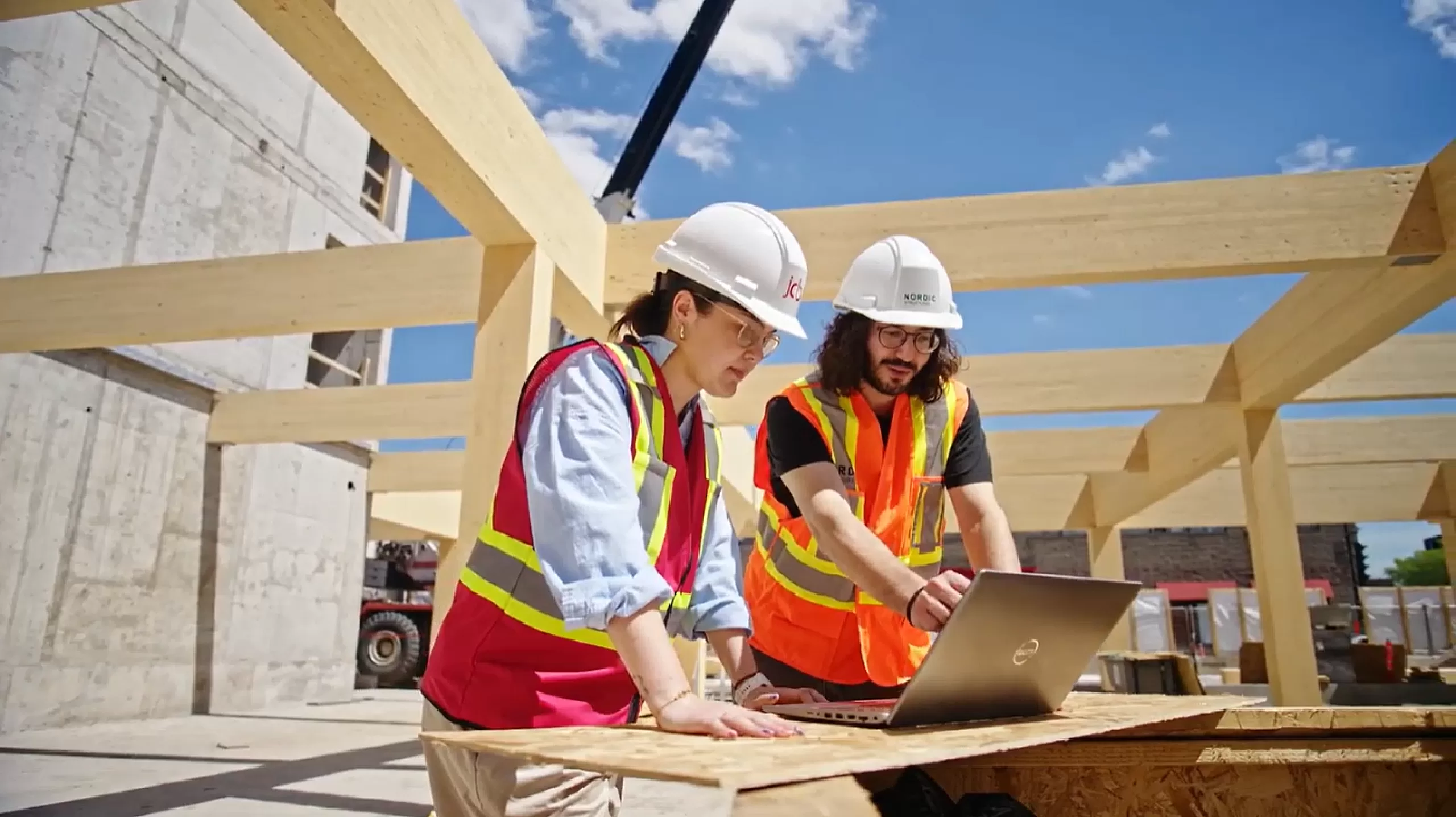
5 Good Reasons to Choose Construction Management
3 min.
The construction method or contract you choose will depend on several factors, including your knowledge of construction, how advanced your plans are, how clearly defined your needs and intentions are, and the level of involvement you want to have in your project.
If you're looking for expert guidance from day one to optimize your project, minimize risks, uncover potential cost savings, and ensure the outcome truly meets your needs, construction management may be the ideal choice for you.
What is Construction Management?
Governed by a contract such as the CCDC 5B, construction management is a collaborative approach where the general contractor is involved from the earliest stages of the project, long before the plans are finalized. Unlike fixed-price contracts, where the contractor builds according to already finalized drawings, a construction manager acts as a strategic partner from the pre-design phase.
They use their unique expertise to plan, organize, and manage all construction activities while advising you on technical decisions, materials, regulations, and industry best practices. They collaborate closely with architects, professionals, and subcontractors to develop the best possible project—well before the first shovel even hits the ground.
Unlike fixed-price contracts with rigid budgets, construction management uses evolving budgets that adapt to your project’s changing needs. So why choose this approach over others?
Here are 5 excellent reasons to opt for construction management:

1. Expert Support from Day One
With construction management, the contractor gets involved well before the final plans are ready. You benefit from their on-the-ground expertise to design a project that is realistic, well-planned, grounded in industry realities, and aligned with your budget. They help you develop evolving preliminary budgets, select qualified professionals, anticipate technical or regulatory risks, and build an optimized timeline—often using an accelerated design-build approach.

2. Maximum Flexibility and Continuous Adaptation
Unlike fixed-price contracts, construction management offers significant flexibility. You can make real-time changes to your project without having to renegotiate the entire contract or pay expensive change orders. Have a new goal or constraint? The contractor can quickly adjust plans, resources, and schedules to keep the project aligned with your actual needs.

3. Complete Financial Transparency
Contrary to what one might think, having a non-fixed budget doesn’t mean losing control over your finances. On the contrary, construction management operates on an open-book basis: every expense must be justified and pre-approved, and every invoice is accessible at any time. You pay the actual cost of the work done, with no arbitrary markups or hidden fees. This transparency also enables value engineering to optimize technical choices and generate substantial savings, all while maintaining project quality and performance.
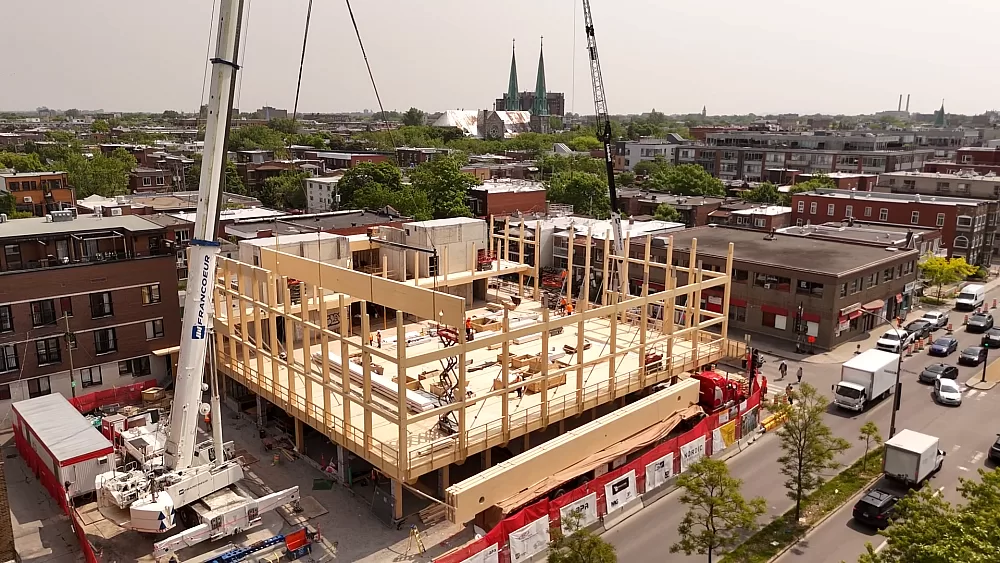
4. Faster Execution and Better Schedule Control
Because the contractor is involved early, they can thoroughly prepare the work execution and optimize each phase of the project. This even allows some construction phases to begin in parallel with the design, saving time without compromising coordination or quality. With phased management and the ability to pre-order critical materials, even before plans are finalized, the contractor can fast-track the start and progress of the work, optimizing the project timeline and reducing delays caused by logistics, material shortages, or labor constraints.
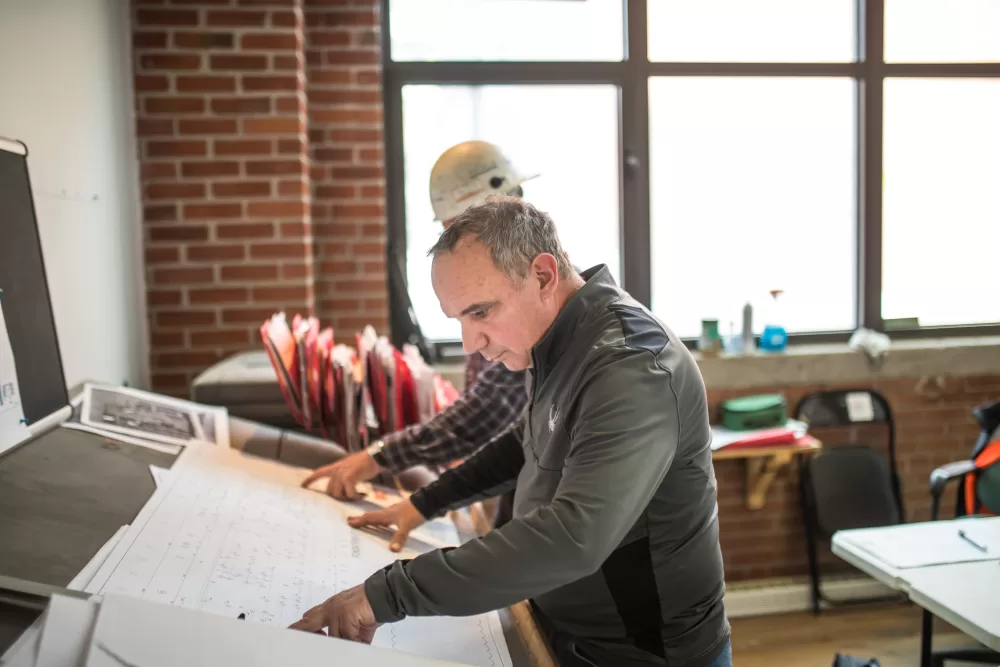
5. Close Collaboration
Construction management fosters a collaborative approach where all project stakeholders—architects, engineers, subcontractors, and the client—work together from the start, creating a climate of trust, better communication, and stronger cohesion on-site. The contractor acts as a link between all parties, coordinating everyone’s efforts and ensuring every decision serves the best interests of both the project and the client.
Choosing construction management means opting for a more collaborative, transparent process tailored to your real needs. It ensures strategic support at every stage, resulting in a better-designed, better-controlled project—often completed faster and more cost-effectively.
